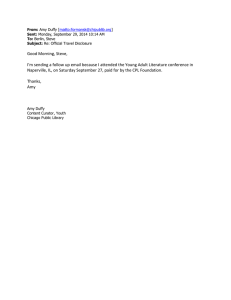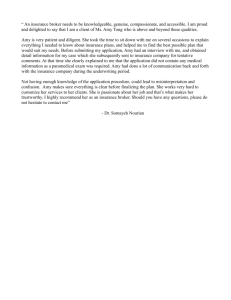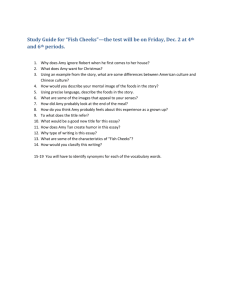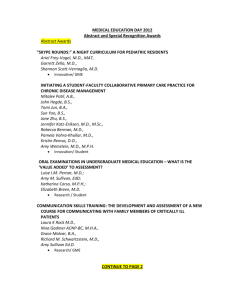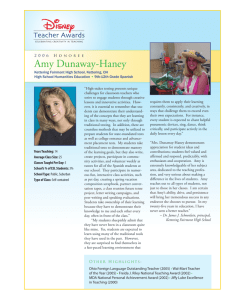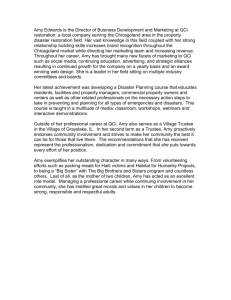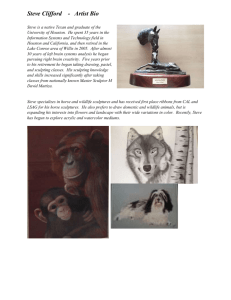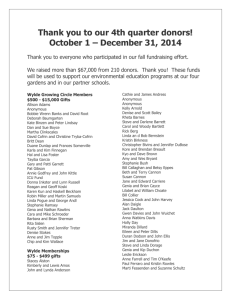Monday 1/11/16 Write these vocabulary words in your composition
advertisement
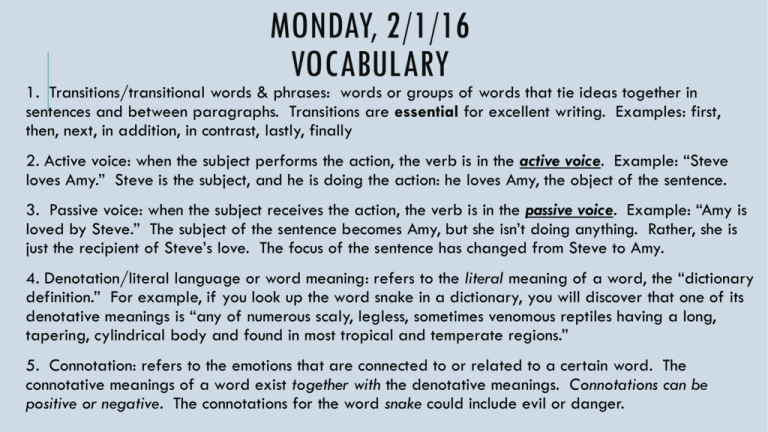
MONDAY, 2/1/16 VOCABULARY 1. Transitions/transitional words & phrases: words or groups of words that tie ideas together in sentences and between paragraphs. Transitions are essential for excellent writing. Examples: first, then, next, in addition, in contrast, lastly, finally 2. Active voice: when the subject performs the action, the verb is in the active voice. Example: “Steve loves Amy.” Steve is the subject, and he is doing the action: he loves Amy, the object of the sentence. 3. Passive voice: when the subject receives the action, the verb is in the passive voice. Example: “Amy is loved by Steve.” The subject of the sentence becomes Amy, but she isn’t doing anything. Rather, she is just the recipient of Steve’s love. The focus of the sentence has changed from Steve to Amy. 4. Denotation/literal language or word meaning: refers to the literal meaning of a word, the “dictionary definition.” For example, if you look up the word snake in a dictionary, you will discover that one of its denotative meanings is “any of numerous scaly, legless, sometimes venomous reptiles having a long, tapering, cylindrical body and found in most tropical and temperate regions.” 5. Connotation: refers to the emotions that are connected to or related to a certain word. The connotative meanings of a word exist together with the denotative meanings. Connotations can be positive or negative. The connotations for the word snake could include evil or danger.
